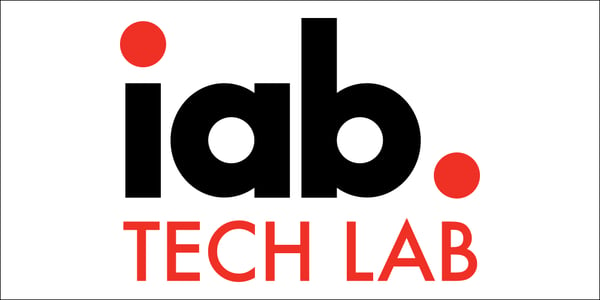
This week's review of ad fraud and privacy in the digital advertising space.
Allison Lefrak, SVP of Public Policy, Ads Privacy and COPPA Compliance at Pixalate, shares key takeaways from the Congressional inquiry into COPPA Safe Harbor programs. Watch the video and learn more on our blog.

"Chief executives of Google and Facebook personally oversaw a 2018 deal that advantaged Facebook on Google’s ad auctions, a group of state attorneys general alleged in court documents Friday," reported CNBC.

"The Federal Trade Commission's antitrust lawsuit against Facebook can proceed, a federal judge ruled on Tuesday, delivering a major win for the agency after its first attempt at targeting the company's alleged monopoly power was dismissed for lack of evidence," reported NPR.

"The Association of National Advertisers, Interactive Advertising Bureau, U.S. Chamber of Congress and other business groups are asking lawmakers to pass a privacy law that would override state measures," reported MediaPost.

"As 2022 gets underway, the IAB Tech Lab is steering the digital advertising industry through some choppy waters," wrote Digiday. "And its two biggest challenges today — devising a technical workaround for the decline of third-party cookies and gauging consumer consent for behavioral tracking — are thornier than any it’s faced before."
*By entering your email address and clicking Subscribe, you are agreeing to our Terms of Use and Privacy Policy.
These Stories on Weekly Recaps
*By entering your email address and clicking Subscribe, you are agreeing to our Terms of Use and Privacy Policy.

Disclaimer: The content of this page reflects Pixalate’s opinions with respect to the factors that Pixalate believes can be useful to the digital media industry. Any proprietary data shared is grounded in Pixalate’s proprietary technology and analytics, which Pixalate is continuously evaluating and updating. Any references to outside sources should not be construed as endorsements. Pixalate’s opinions are just that - opinion, not facts or guarantees.
Per the MRC, “'Fraud' is not intended to represent fraud as defined in various laws, statutes and ordinances or as conventionally used in U.S. Court or other legal proceedings, but rather a custom definition strictly for advertising measurement purposes. Also per the MRC, “‘Invalid Traffic’ is defined generally as traffic that does not meet certain ad serving quality or completeness criteria, or otherwise does not represent legitimate ad traffic that should be included in measurement counts. Among the reasons why ad traffic may be deemed invalid is it is a result of non-human traffic (spiders, bots, etc.), or activity designed to produce fraudulent traffic.”

